| Thursday, November 6th | Friday, November 7th |
| 8:00 - 9:30 am ET (1.5 hours CE) Presentation #1: "Training and Technology: Considerations for Clinical Training and Supervision" Heather Ciesielski, PhD, HSPP, ABPP |
8:00 - 9:00 am ET (1.0 hours CE) Presentation #6: "Bridging the Gap: Working Effectively with Individuals Who Lack Insight" Shelby Shaw, Psy.D. and Hannah Buck, PsyD, HSPP |
| 9:30 - 10:00 am ET Break | 9:00 - 9:30 am ET Break |
| 10:00 - 11:00 am ET (1.0 hours CE) Presentation #2: "Improving Access to and Quality of Youth Mental Health Care: Promise, Process, and Challenge" Allison Meyer, Ph.D., HSPP |
9:30 - 11:00 am ET (1.5 hours CE) Presentation #7: "Anxiety and School Performance" David Gotthelf, Ph.D., HSPP, NCSP |
| 11:00 - 11:30 am ET Break | 11:00 - 11:30 am ET Break |
| 11:30 - 1:00 pm ET (1.5 hours CE) Presentation #3: "Critical Contributions to Pediatric Brain Recovery: Neuropsychology’s Role in Acute Inpatient Rehabilitation" Garry Wright, PhD, HSPP, ABPP-CN |
11:30 am - 1:00 pm ET (1.5 hours CE) Presentation #8: "Lessons from Long COVID: The Pivotal Role the Clinical Psychologist Plays in Supporting People with Invisible Illnesses" Linda Brown, PhD, HSPP |
| 1:00 - 1:30 pm ET Break | 1:00 - 1:15 pm ET Break |
| 1:30 - 3:00 pm ET (1.5 hours CE) Presentation #4: "Psychotherapy with Individuals with Intellectual Disability: Applications from a Metacognitive Approach" Kelsey Huling, PsyD, HSPP |
1:15 - 1:45 pm ET IPA Awards Meeting |
| 3:00 - 3:30 pm ET Break | 1:45 - 2:00 pm ET Break |
| 3:30 - 5:00 pm ET (1.5 hours CE) Presentation #5: "A Proposed Objective Structured Clinical Examination for Evaluating Student Competencies In Health Service Psychology" Kelvin Hakemi, M.A. and Hannah Buck, PsyD, HSPP |
2:00 - 3:30 pm ET (1.5 hours CE) Presentation #9: "The Neuropsychology of the Bilingual Hispanic Patient: Theory, Challenges, and Practice Considerations" Patricia Garcia, PsyD, HSPP |

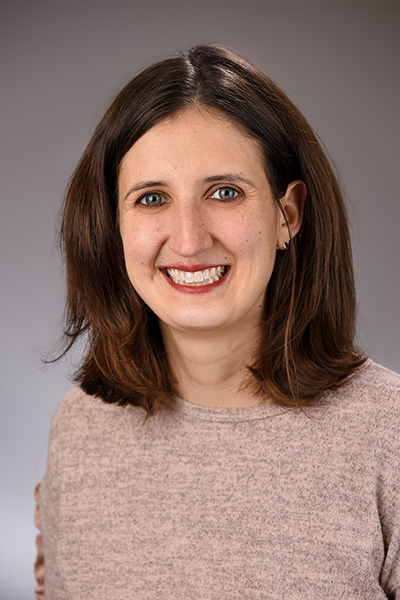
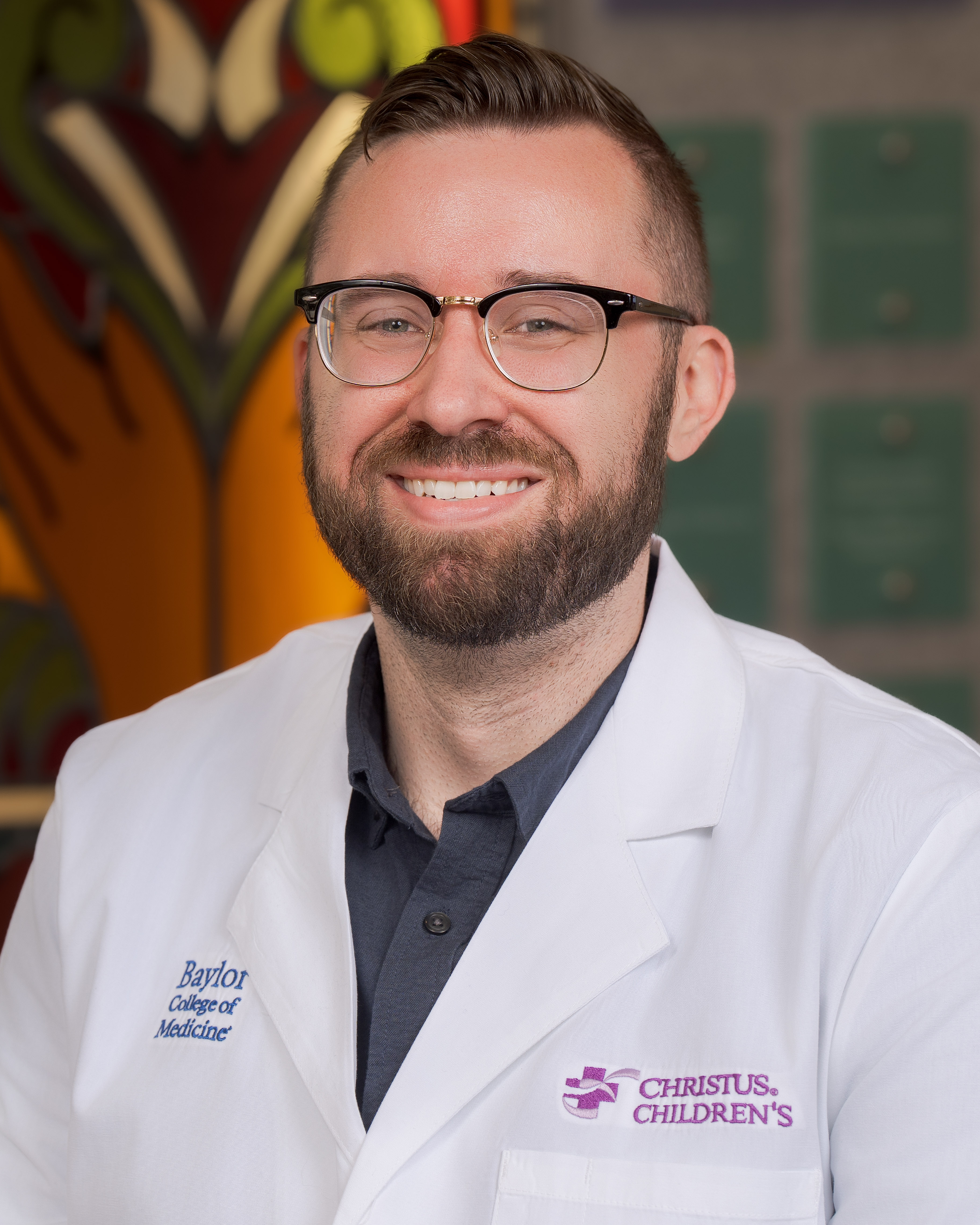
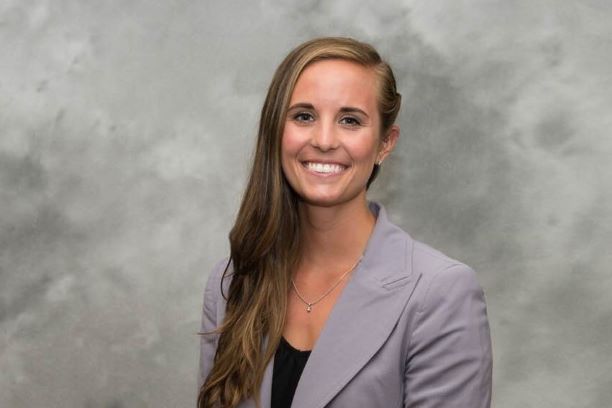
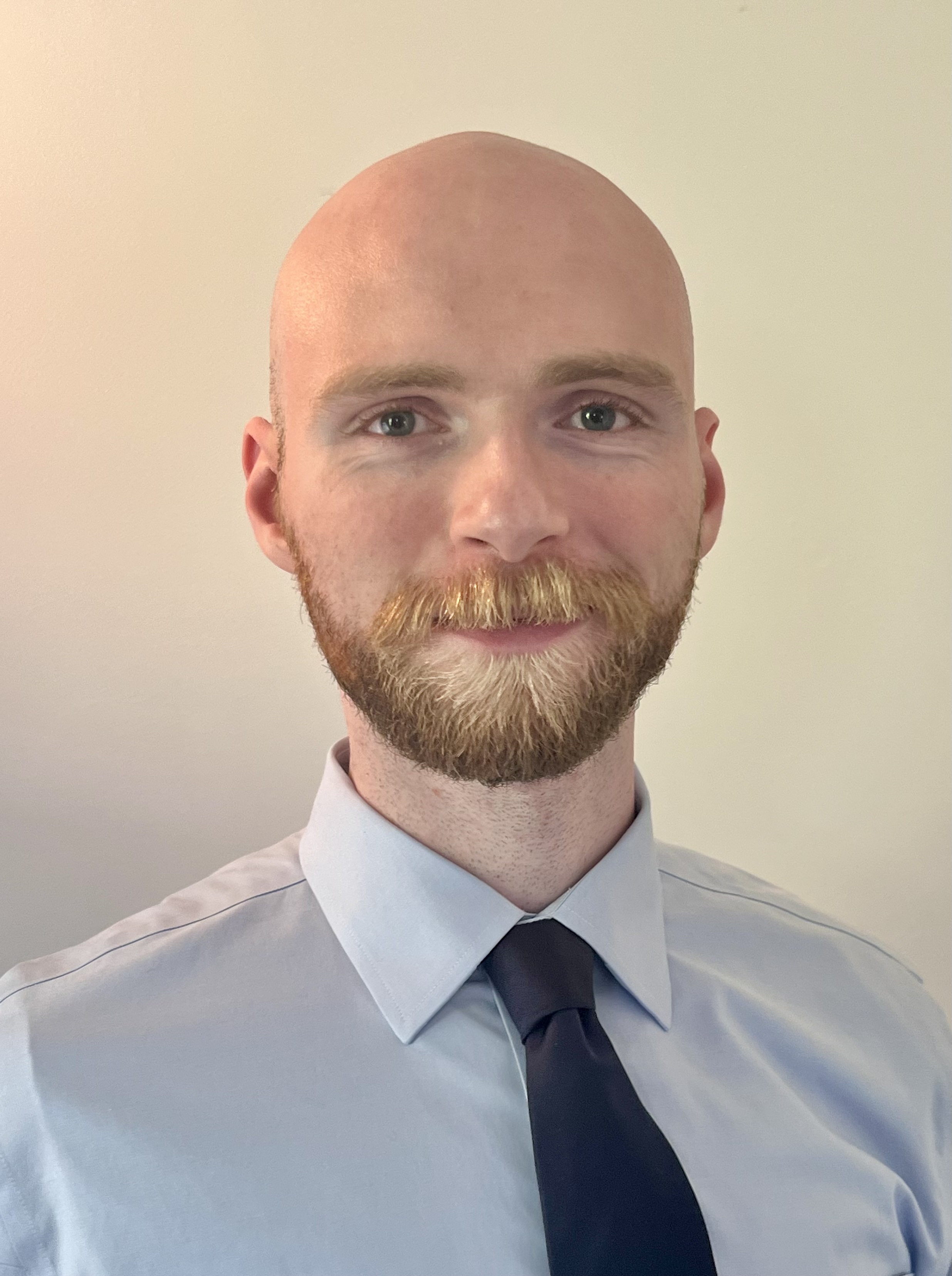
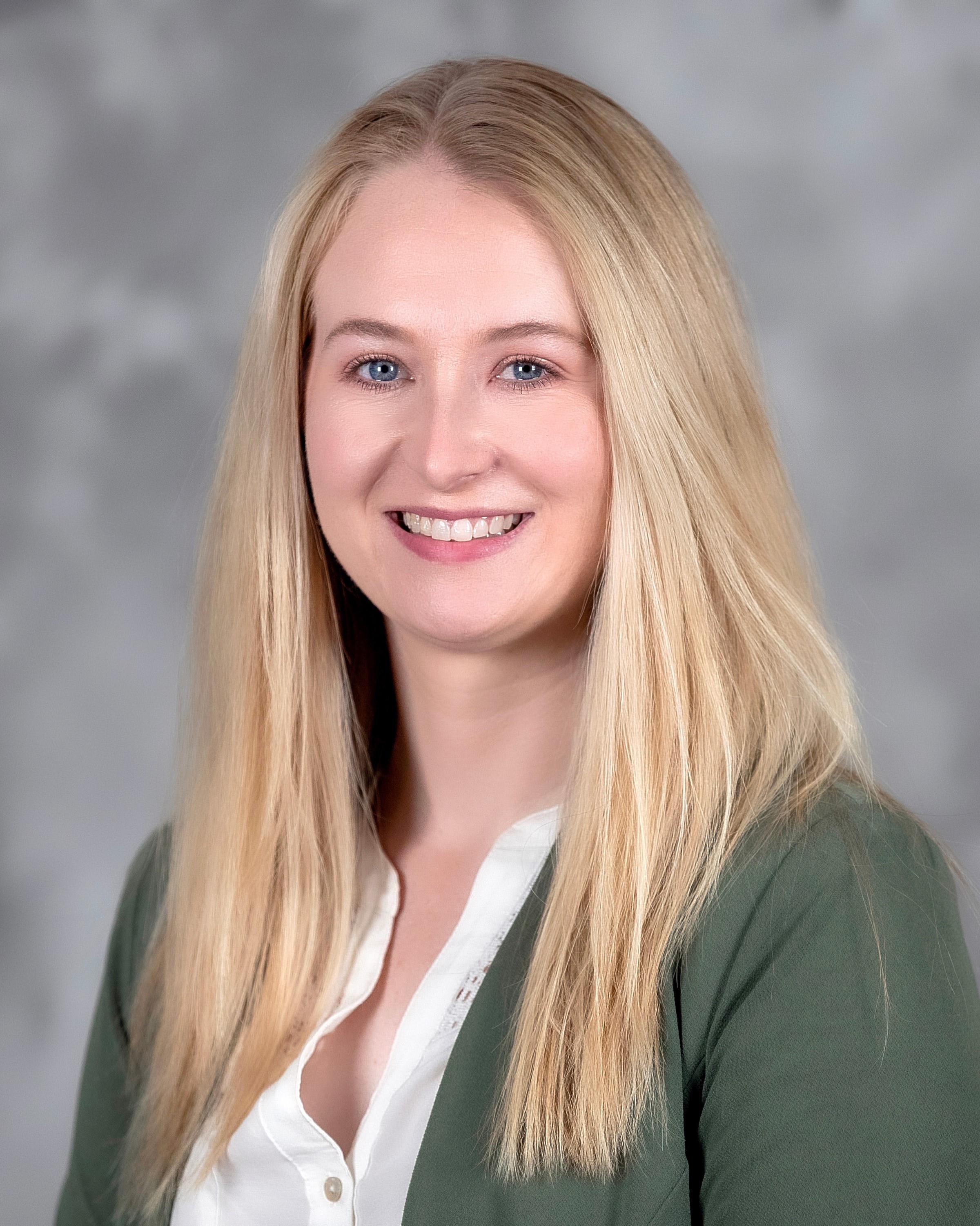


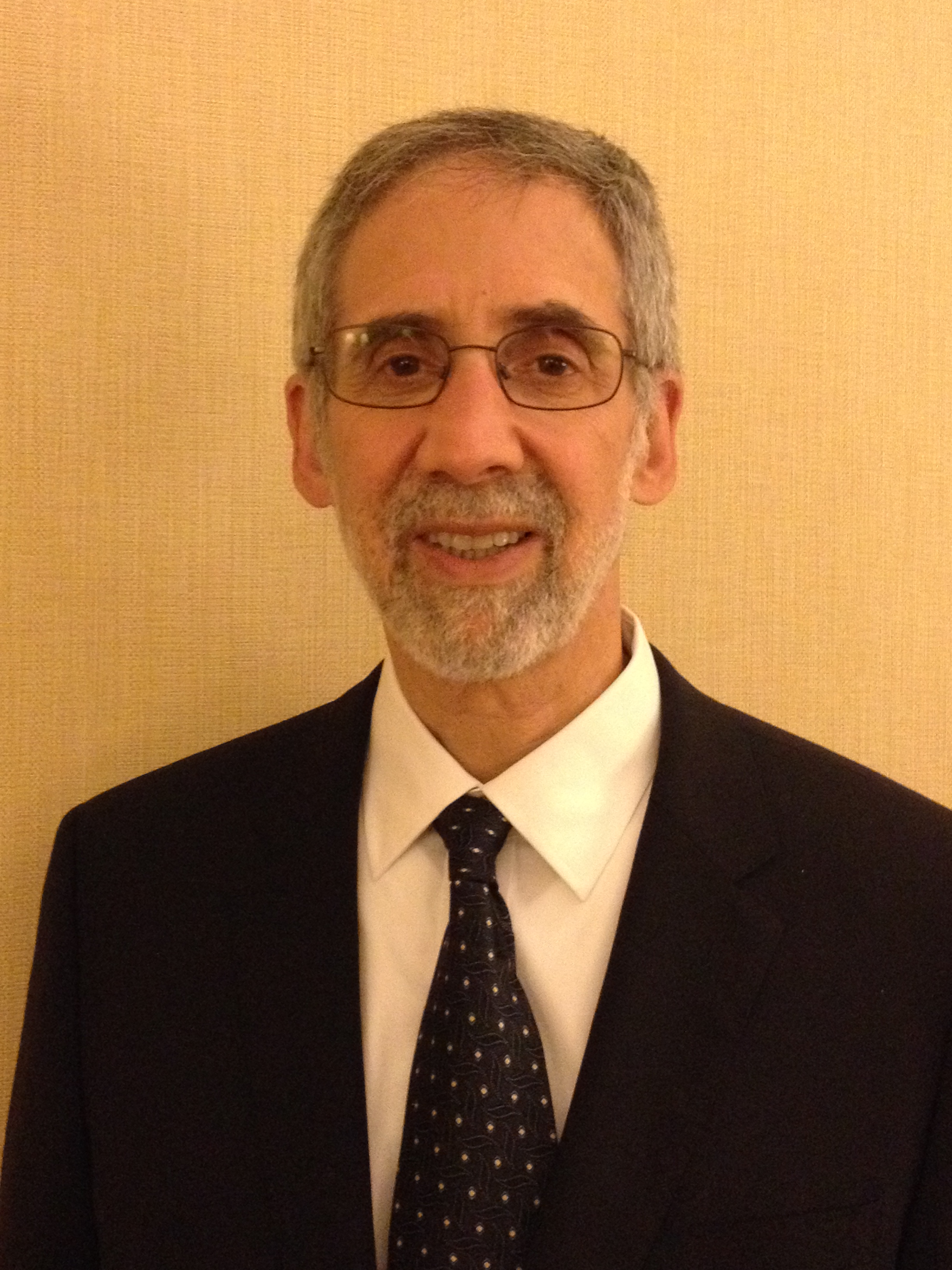
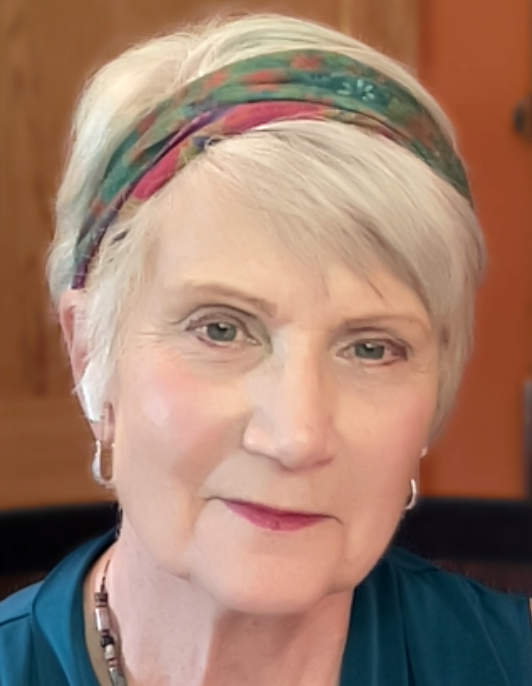
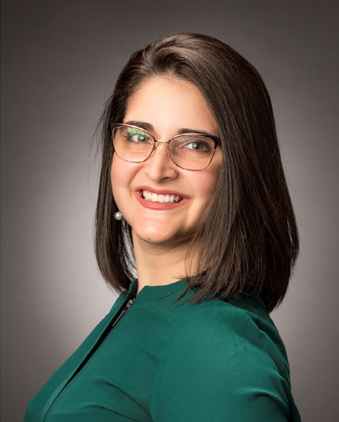
| IPA MEMBER | NON-MEMBER |
| $300 | $500 |